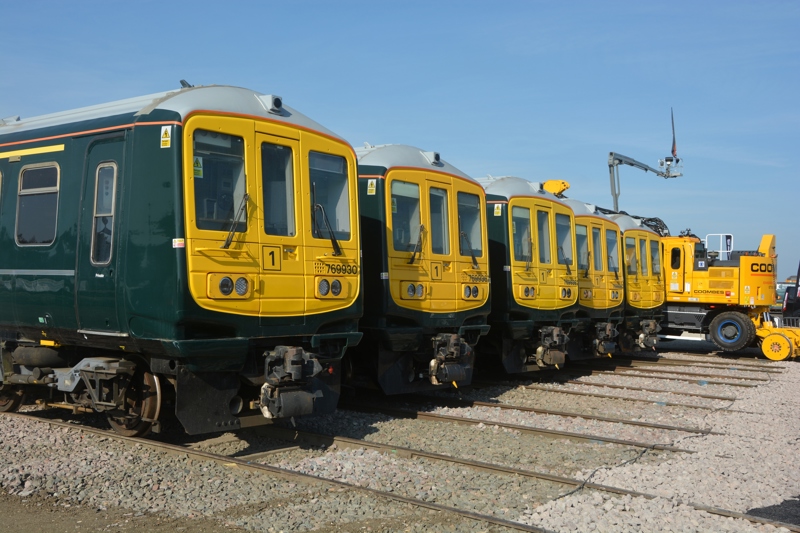
Go-op has announced its intention to use Class 769 bi-mode units on its open access regional services.

Go-op has announced its intention to use Class 769 bi-mode units on its open access regional services.
The co-operative open access firm had initially planned to use Class 150s or ‘153s’ on services between Swindon and Taunton via Melksham and Westbury.
Several Porterbrook-owned ‘769s’ which were previously used by Great Western Railway and Transport for Wales are currently off-lease. Alliance Rail, which has applied to run open access services between Marchwood (near the New Forest) and Southampton and London Waterloo, also plan to use the bi-mode units.
Chairman, Alex Lawrie, said the units were a “luxury” Go-op could stretch to cover, although no contract has yet been signed.
He told RAIL: “The ‘15x’ units have proved to be in more demand than anticipated. There’s not the cascade we thought was coming,” but added the ‘769s’ were “considerably better” with higher top speeds and refreshed interiors.
Lawrie also said the units could use overhead line equipment between Swindon and Chippenham before switching to diesel power.
A Track Acccess Contract with Network Rail has also been signed, although with the '15x' DMUs specified. This means a supplental agreement would be needed for the '769s' to be accepted onto the route.
Meanwhile, Go-op continues to look for partners who can help it reach the £2.5 million cost of launching services. So far the firm has raised around £600,000.
Earlier this year Lawrie told RAIL that the firm was switching its plans from targeting a large group of social investors to a smaller number specialist investors with knowledge of the rail industry and money to help launch the project.
Go-op has to start running trains by December 2026 or lose its access rights.
Lawrie said Go-op is looking for system and investment partners who are “ready to engage with the complexities of the business plan”, adding: "I can hear a lock ticking in my mind. We can't wait forever for investors to make their mind up."
One of the conditions imposed on Go-op by the Office of Rail and Road was to upgrade eight crossings along its planned route before services can start.
Although a figure of £1.5m has been put on the work, Lawrie said that money would also be needed to show the project is adequately funded, and hoped that technology such as Overlay Miniature Stop Lights could help reduce those costs.
Lawrie said the level crossing work was potentially off-putting for investors as other operators could then look to increase its services.
“They don’t have to pay a penny,” he said.
“If something were to go wrong with our service and we fell off the network, someone else can turn up and get the benefits for free.
“It’s just a business expense. To be told ‘you are expected to make an investment on the railway’; the money just goes out the door.”
Speaking about the level crossings, a Network Rail spokeswoman said: “We’ve assessed that eight level crossings would need to be improved prior to any potential increase in services as proposed by Go-op. Cost estimates based on similar improvements previously carried out on Western route have been provided to the ORR.”
Login to continue reading
Or register with RAIL to keep up-to-date with the latest news, insight and opinion.


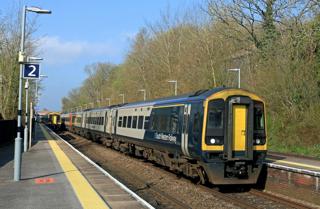
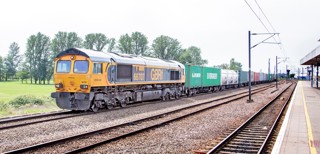
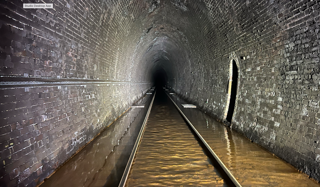
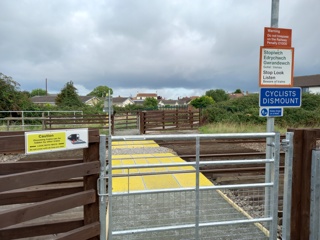












Login to comment
Comments
No comments have been made yet.